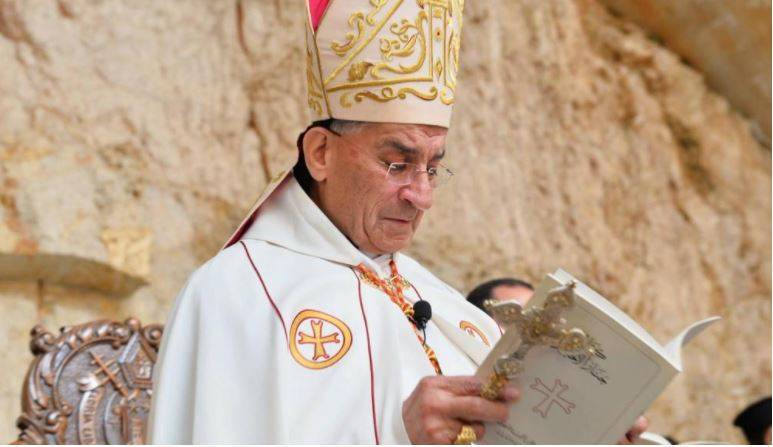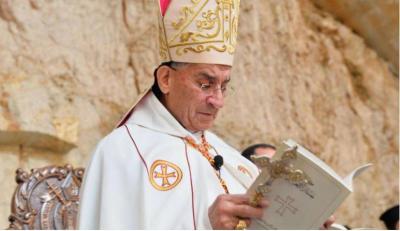Maronite Patriarch Beshara Boutrous al-Rahi continues to raise the Lebanese issue on Arab and international platforms as the rescue operation requires intensified efforts. There is no doubt that Lebanon is not well; it is collapsing economically and facing political challenges. This country, which used to be a beacon for the Arabs, has become almost isolated, losing most of its Arab and international friendships.
The Maronite Patriarch is trying to compensate for the actions of those in power and is considered the primary authority for greater Lebanon, as he does not want this entity to collapse. When the de facto authority sought to sever Lebanon's ties with the Gulf, al-Rahi took the initiative to restore what was cut off and to free Lebanon from the influence of the "resistance" axis, which desires to confine Lebanon's relations with the capitals of that axis.
Moreover, al-Rahi is working on multiple fronts; while he is focusing on ensuring strong Lebanese-Gulf relations, he is also keeping communication lines open with Cairo, the Arab capital that holds substantial weight and symbolic significance. In this context, the Patriarch is heading to Egypt next week for a spiritual and ecclesiastical visit that has national dimensions, which will include meetings with the Maronite community in Egypt as well as discussions with Al-Azhar Grand Imam Ahmed el-Tayeb, Pope Tawadros, and a meeting with Egyptian President Abdel Fattah el-Sisi.
Al-Rahi is preparing to present the Lebanese issue during his meeting with Sisi, as Egypt views the Patriarch not merely as a religious leader or the head of the largest Christian sect but as a national reference with respect and significant Lebanese and Arab weight. Particularly, Cairo has been following the Patriarch's positions for a while and supports his calls for neutrality, the preservation of legitimacy, and the avoidance of involving the country in the politics of axes.
The Patriarch's positions have sparked an internal movement that crystallized the idea of neutrality, thus extricating Lebanon from the clutches of an influential axis. Consequently, there is no significant difference in stances between Bkerke and the Egyptian leadership, which is doing everything possible to rescue Lebanon from its predicaments concerning both the political and economic crises. Egypt is specifically offering all facilities for bringing gas to Lebanon and securing electricity.
The meeting between al-Rahi and the Sheikh of Al-Azhar presents an opportunity to discuss the issue of interfaith and intercultural dialogue, especially since the visit to Egypt comes shortly after al-Rahi's trip to the Vatican, where he raised the Lebanese issue. Thus, the encounter will emphasize the importance of the Lebanese formula and the avoidance of its undermining and monopoly. Meanwhile, combating extremism and terrorist thought remains a primary concern for all religious authorities.
Regarding the ecclesiastical aspect, the Patriarch, meeting the members of the Maronite community, will also have a significant meeting with Pope Tawadros, where the Lebanese issue and the Christian presence in the East—which is facing depletion due to wars, terrorism, and the successive economic crises affecting Middle Eastern countries—will also be discussed.




